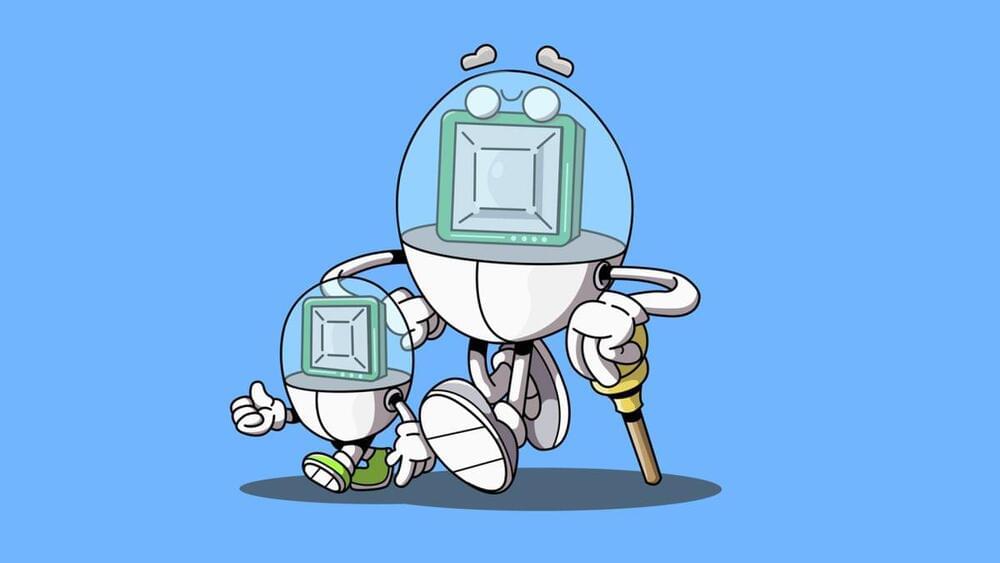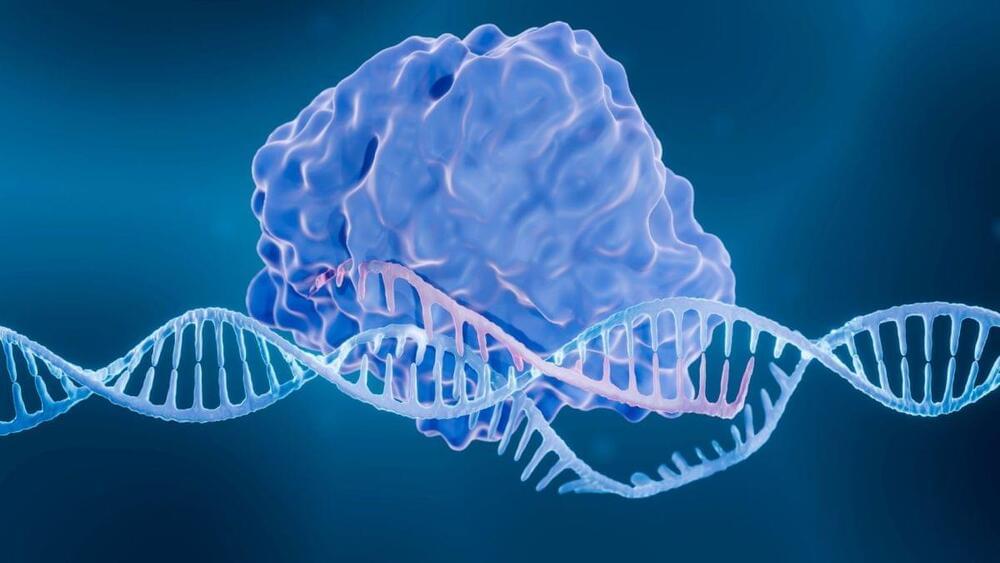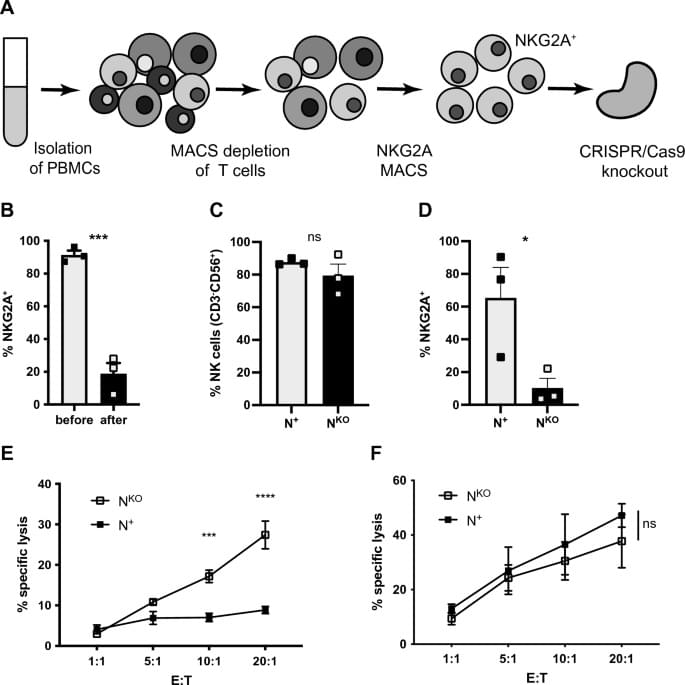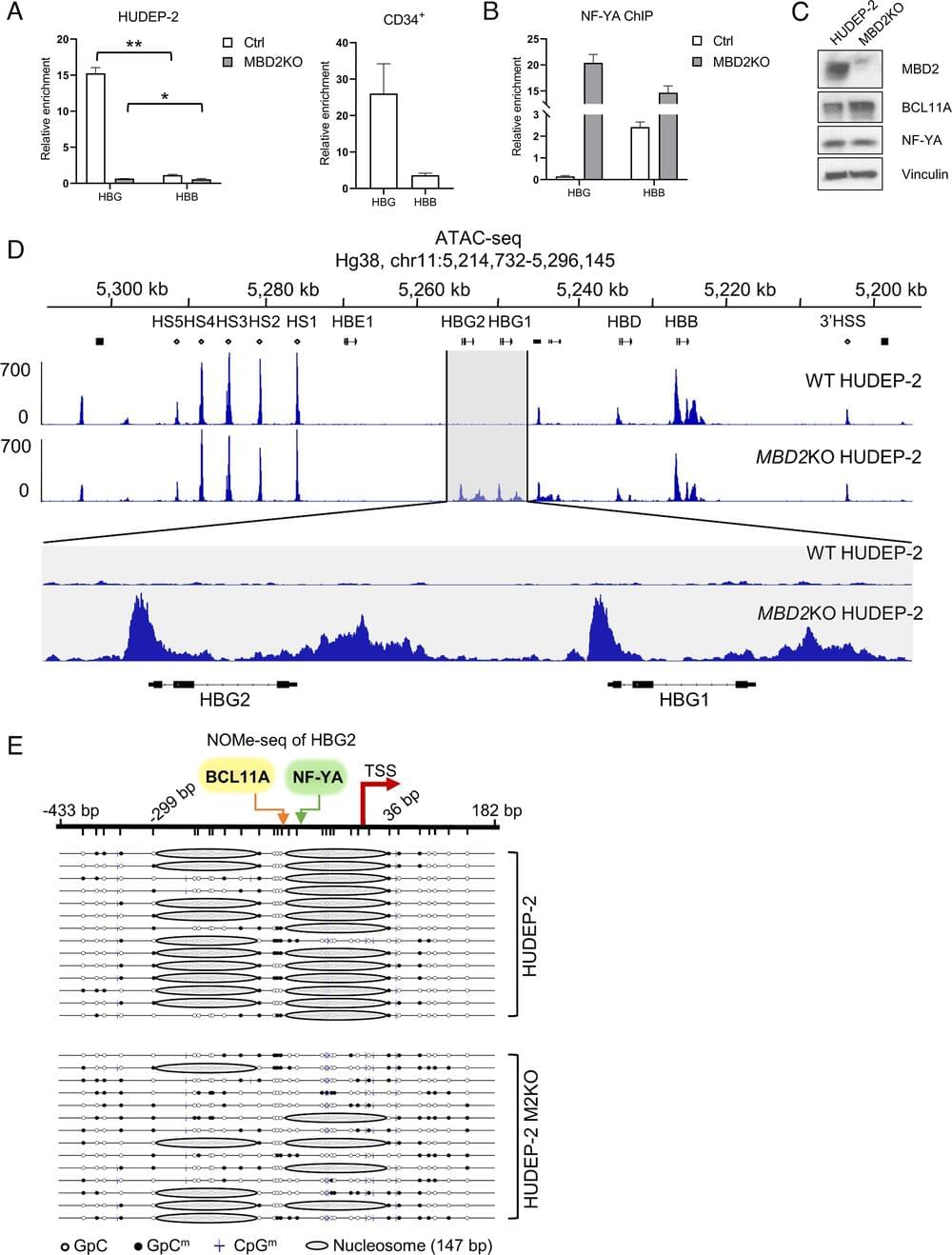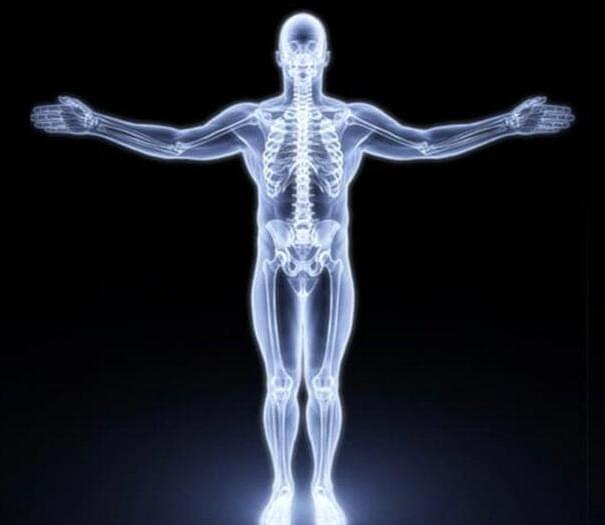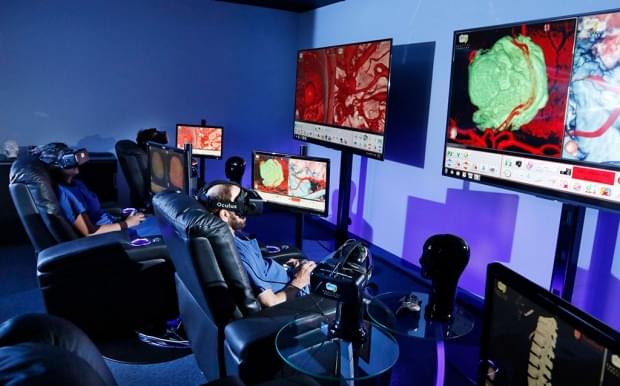Sources & further reading: https://sites.google.com/view/sources-biorisk.
This video was made possible through a grant by Open Philanthropy.
Check out the biorisk career guide from 80,000 hours:
https://80000hours.org/kurz-bio.
Find the Map of Evolution and other fascinating infographic posters on the kurzgesagt shop here: kgs.link/shop-179
A breathtaking scientific revolution is taking place – biotechnology has been progressing at stunning speed, giving us the tools to eventually gain control over biology. On the one hand solving the deadliest diseases while also creating viruses more dangerous than nuclear bombs, able to devastate humanity.
What is going on?
OUR CHANNELS
▀▀▀▀▀▀▀▀▀▀▀▀▀▀▀▀▀▀▀▀▀▀▀▀▀▀
German: https://kgs.link/youtubeDE
Spanish: https://kgs.link/youtubeES
French: https://kgs.link/youtubeFR
Portuguese: https://kgs.link/youtubePT
Arabic: https://kgs.link/youtubeAR
Hindi: https://kgs.link/youtubeHI
Japanese: https://kgs.link/youtubeJA
Korean: https://kgs.link/youtubeKO
HOW CAN YOU SUPPORT US?
▀▀▀▀▀▀▀▀▀▀▀▀▀▀▀▀▀▀▀▀▀▀▀▀▀▀
This is how we make our living and it would be a pleasure if you support us!
Get Products designed with ❤ https://shop-us.kurzgesagt.org.
